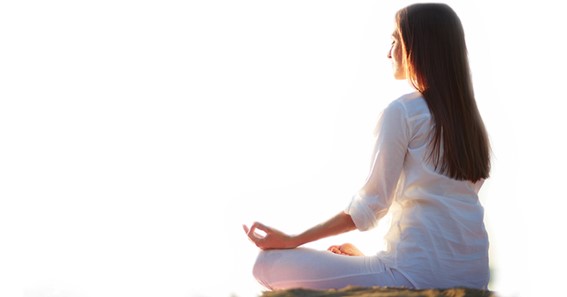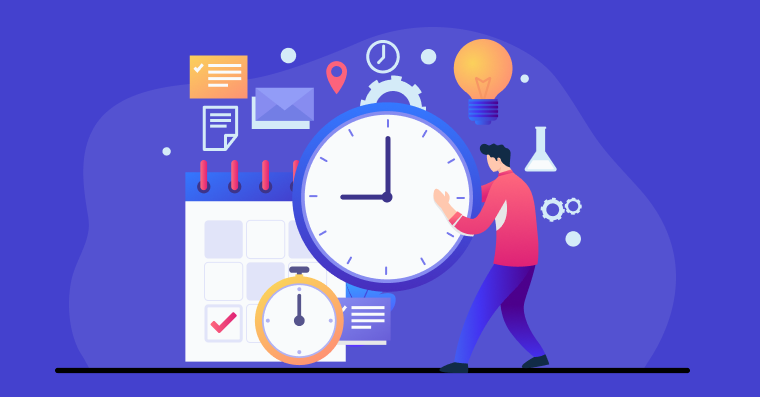Alcohol and substance abuse has become a widespread problem on a worldwide level. While 12-step programs like Alcoholics Anonymous (AA) can help, they aren’t exactly science-based.
They encourage people to identify themselves as addicts, share their failure stories during regular meetings, and rely on the support of other members. In fact, the meetings are led by group members, not professional therapists. Anyhow, many individuals would benefit from non-12-step rehab programs that incorporate science elements and evidence-based sources.
Have a look at the main benefits of non 12 step rehab Colorado Springs programs below.
Which groups are viewed as non-12-step rehab programs?
Non-12-step rehab programs are based on evidence instead of faith. These include SMART Recovery, Moderation Management (MM), Women for Sobriety (WFS), Secular Organizations for Sobriety (SOS), LifeRing Secular Recovery, Matrix Model, etc. For instance, SMART is an abstinence-based, science-based plan to assist individuals in coping with cravings and issues without using alcohol or drugs.
MM is a non-profit program that teaches alcohol moderation and abstinence. Individuals can track their drinking in moderation and alcohol abstinence with a special tool. In contrast, SOS refers to a cognitive approach to abstinence and sobriety, considering sobriety as its most important priority. WFS is another non-profit for women struggling with substance use disorders, which puts the emphasis on one’s personal responsibility, spiritual, and emotional growth.
Click here – Courses To Create Online
Moreover, LifeRing Secular Recovery is a permanent workshop for personal recovery and abstinence based on self-help, sobriety, and secularity. The Matrix Model is an intensive treatment method designed primarily for individuals dealing with substance use disorders, which involve methamphetamine and cocaine.
Behavioral therapies are also considered non-12-step rehab programs based on science and evidence. For example, cognitive behavioral therapy (CBT) teaches individuals how to recognize negative thinking and change it to positive thinking. Besides fighting addiction, psychotherapy is helpful in the treatment of depression, obsessive-compulsive disorder, and PTSD. Find out more about how cognitive behavioral therapy works.
Dialectical behavior therapy is basically a CBT variation but used mainly in women struggling with alcohol use, particularly those suffering from a borderline personality disorder at the same time. Group therapy is guided by a trained therapist. It’s believed to be better than individual therapy, as the presence of other people offers greater support and challenges.
Click here – A Comprehensive Guide On Mudon Community
Medication-assisted programs are considered non-12-step rehab programs as well. They rely on drugs to manage or stop the cravings caused by opioids. For instance, methadone is an opioid known to prevent withdrawal pains without causing a feeling of euphoria.
Another medication used in such programs is naltrexone, found in an injectable form. It blocks the opioid effects for as long as a month. Disulfiram is a drug that triggers symptoms resembling hangover whenever alcohol is consumed. The assistance it provides is through negative reinforcement.
There are other types of non-12-step rehab programs, such as holistic treatments, contingency management, and dual diagnosis treatment. Holistic treatments focus on improving the well-being of clients with a healthy diet, physical exercise, yoga, massage, meditation, art therapy, etc. Follow this link, https://www.verywellmind.com/holistic-therapy-definition-types-techniques-and-efficacy-5196420, for a definition of holistic therapy.
The contingency management approach relies on a reward system, which consists of cash and prizes for staying free of drugs and alcohol. It’s proven to double the rate of sobriety and retention. In contrast, dual diagnosis treatments, as the name implies, offer treatments that address the effects of substance abuse and co-occurring conditions like mental illnesses. If a certain client is diagnosed with a co-occurring mental condition, this treatment program will address both its addiction and mental illness.
Benefits of non-12-step treatments
Individuals in Colorado Springs who wish to overcome addiction are advised to choose non-12-step programs due to their numerous benefits. No admission or membership fees are required to participate in these programs. They are widely available, particularly in large communities where meetings are scheduled every day.
Instead of hanging out in a bar, you can attend these meetings. Remember that going to the bar can trigger a craving even if you have no drinking intentions. Anonymity is another reason to join these programs, as it helps you to admit to having a problem without feeling embarrassed. Since everybody has the same problem, this approach is judgment-free.
Alternative addiction treatments differ from traditional 12-step programs in terms of motivation and responsibility. According to the latter, addictions originate from the bad decisions made by individuals and the adverse effects of physical substances. The former, however, teaches that addiction might not be entirely the fault of individuals, but recovery is undoubtedly their responsibility.
Moreover, they need to work hard and be vigilant to avoid a relapse. Many individuals consider this approach more effective, as it points out the causes of addiction and encourages them to fix the root of these causes. People are encouraged to accept their actions and decisions while believing in their full responsibility for recovery.
Non-12-step rehab programs offer a combination of addiction and mental health treatments to people coping with substance abuse disorders. Such individuals usually have a dual diagnosis or a specific condition that involves a mental health disorder and addiction. These approaches are individualized and made unique to each person.
Addicts are provided with a sense of community, which is an excellent support system. Being part of a community of people who understand your struggles can be extremely helpful in overcoming addiction. Such individuals have a shoulder to lean on whenever necessary. Community bonds are unquestionably crucial in the recovery process.
Another benefit of non-12-step rehab in Colorado Springs is the possibility for addicts to improve their overall health. Besides recovery, rehab focuses on the health of your entire body and mind. Balanced meals and regular exercise can make the body feel strong and powerful again.
The bottom line
Individuals should be open to alternative methods for treating addiction instead of just considering the traditional ones.
It’s never too late to let science assist you on the road to recovery once you become prepared to take it!


